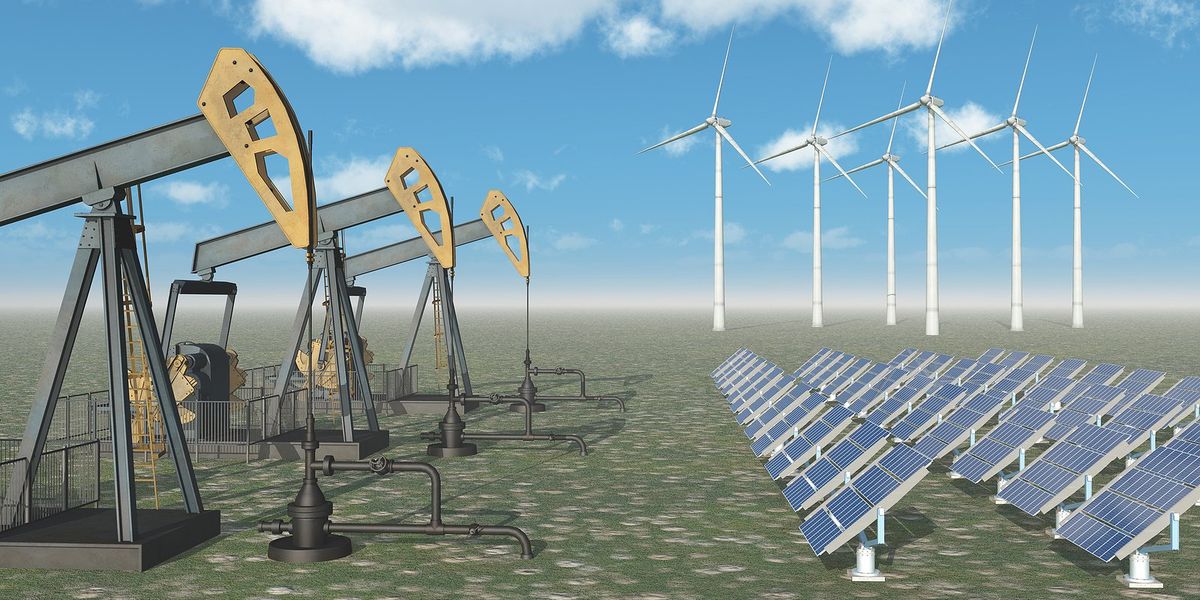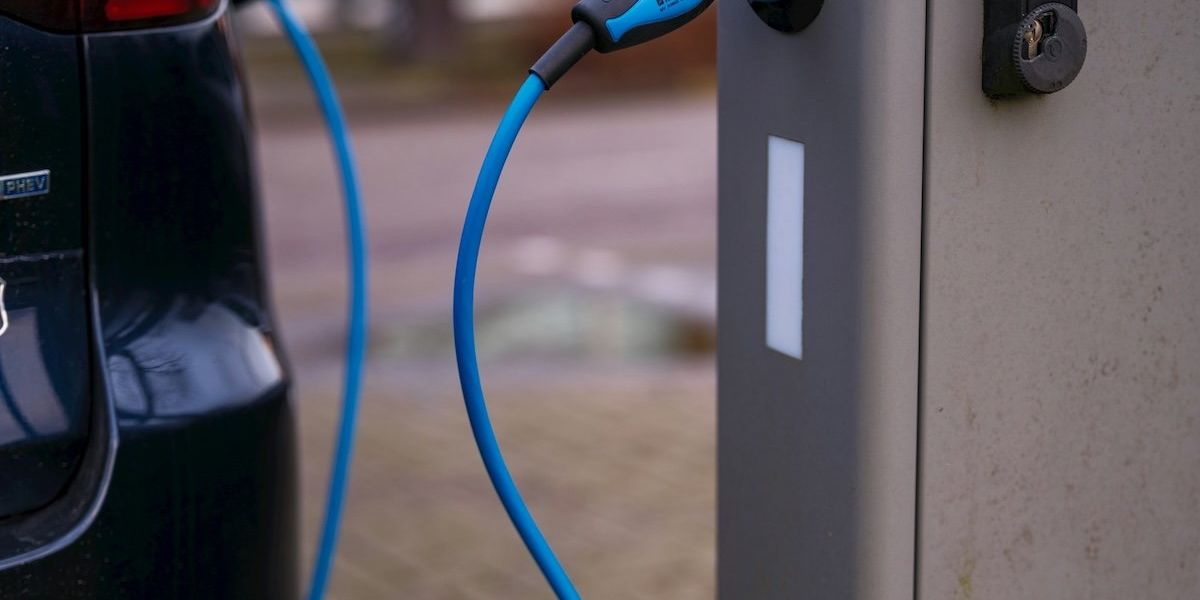Germany’s new conservative government shifts focus from climate to economic relief
Voters frustrated by high energy costs and inflation propelled Germany’s conservatives to power, prompting a recalibration of the country’s aggressive climate policies without fully abandoning its clean energy goals.
Saqib Rahim reports for Grist.
In short:
- Chancellor Friedrich Merz’s government will slow — but not reverse — Germany’s renewable energy expansion while prioritizing economic competitiveness over climate policy.
- The administration plans to lower electricity costs by cutting taxes and fees, address regulatory hurdles, and add 20 gigawatts of natural gas generation to stabilize the power grid.
- Despite a “green backlash,” polling and advocacy groups report sustained public support for clean energy, though voters demand more cost-effective and socially fair transitions.
Key quote:
Economic policy has been “almost exclusively geared toward climate protection. I want to say it as clearly as I mean it: We will and we must change that.”
— German Chancellor Friedrich Merz of the Christian Democratic Union
Why this matters:
Germany’s energy transition, once a global model, now faces political headwinds as economic pressures collide with climate goals. The surge in energy costs following Russia’s 2022 invasion of Ukraine exposed vulnerabilities in Europe’s clean energy strategies. As German policymakers pivot to ease financial burdens on households and industries, they risk undermining long-term emissions targets and delaying the decarbonization of sectors beyond electricity, like heating and transport. The experience highlights a central challenge for industrialized nations: maintaining public support for climate action when its costs hit pocketbooks hard. With natural gas poised to serve as a transitional crutch, Germany’s decisions may shape the trajectory of Europe’s climate commitments.
Related: Germany’s election signals a retreat from green politics













